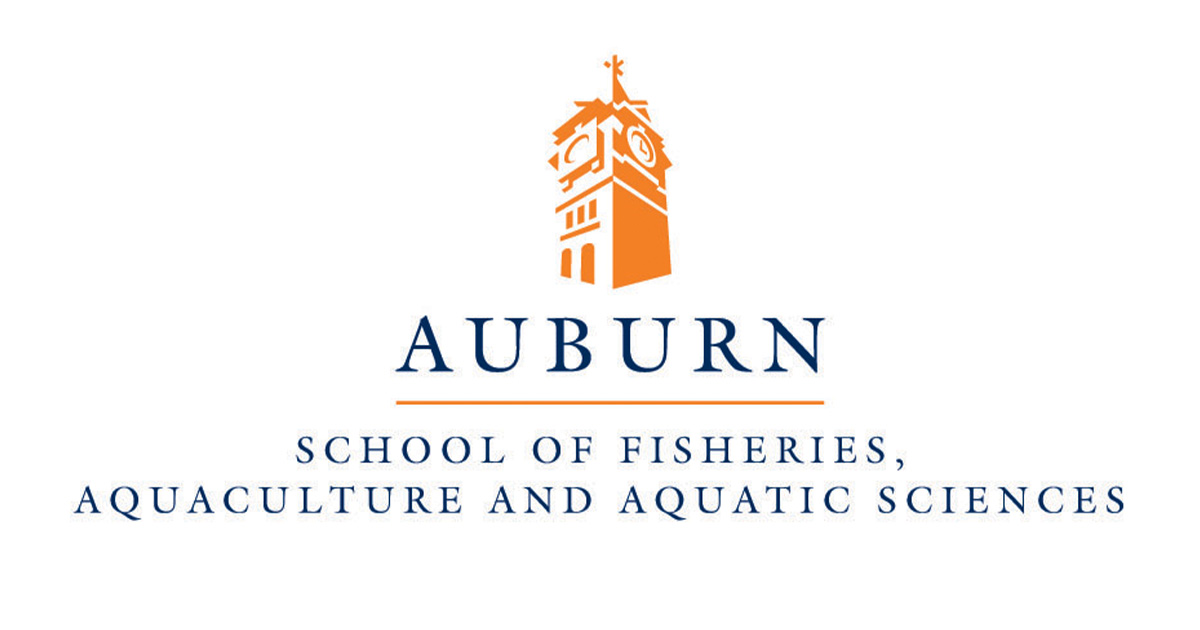The School of Fisheries, Aquaculture, and Aquatic Sciences at Auburn University is seeking candidates for a Postdoctoral Researcher to work both independently and collaboratively with members of our research team to develop research projects that further our understanding of the ecology of freshwater harmful algal blooms.
The incumbent will join an active lab (https://wilsonlab.com/) whose recent research activities integrate large-scale, whole pond and mesocosm experiments, lake surveys, remote sensing, statistical modelling, and meta-analysis to understand the importance of abiotic and biotic factors that affect the promotion or control of algal blooms in aquaculture ponds and drinking water and recreational reservoirs. The incumbent will have ample opportunities to participate in existing NSF (National Science Foundation), USDA (US Department of Agriculture), and USGS (US Geological Survey) supported lab projects, develop new research directions, and support the writing of research proposals and manuscripts. This is a benefit eligible, non-tenure track position. The appointment is for an initial period of one year with a possibility of continuance up to a maximum of four years depending on performance and funding availability. In addition to professional development opportunities available in our lab, Auburn University offers many resources for our postdoc community—http://graduate.auburn.edu/postdoc/
The incumbent is motivated to maintain a productive, diverse, and inclusive lab and encourage individuals from under-represented groups to consider joining us. Moreover, lab members are strongly encouraged to develop outreach activities to broaden the impact of their research.
Available infrastructure:
Our lab is fully equipped for field and lab-based research. The incumbent will have access to trucks, boats, sampling gear, microscopes, and analytical chemistry and molecular tools. In addition, the School of Fisheries manages a spectacular field station with more than 300 ponds that vary in size, shape, depth, and productivity that the incumbent will be encouraged to use as part of their research efforts. We also collaborate with diverse stakeholders throughout the US, such as aquaculture farmers, water utilities, non-profits, natural resource managers, and academics, that could be leveraged as part of this position.
REQUIREMENTS
Qualifications:
- The minimum qualification is an earned Ph.D. in Biology, Aquaculture, Microbiology, Ecology, Limnology, Analytical Chemistry, Molecular Ecology, or closely related field at the time employment begins.
- The Postdoctoral Researcher is expected to conduct research related to the ecology of harmful algal blooms.
- Selected candidates must have knowledge/experience with harmful algal blooms, experience with analyzing experimental and monitoring data sets, and significant experience with manuscript preparation and publication.
- Although we welcome all candidates with prior experience related to harmful algal blooms, research areas that we are particularly interested in growing in the lab include biogeochemistry, ecotoxicology, and molecular approaches to study interactions between cyanobacteria and associated organisms.
- Given that we serve diverse stakeholders, strong communication skills are also required.
- The individual selected for the position must be able to meet eligibility requirements for work in the United States by the start date and continue working legally for the proposed term of employment.
Salary: ~$50,000/yr
Application Deadline: 12/31/2023





